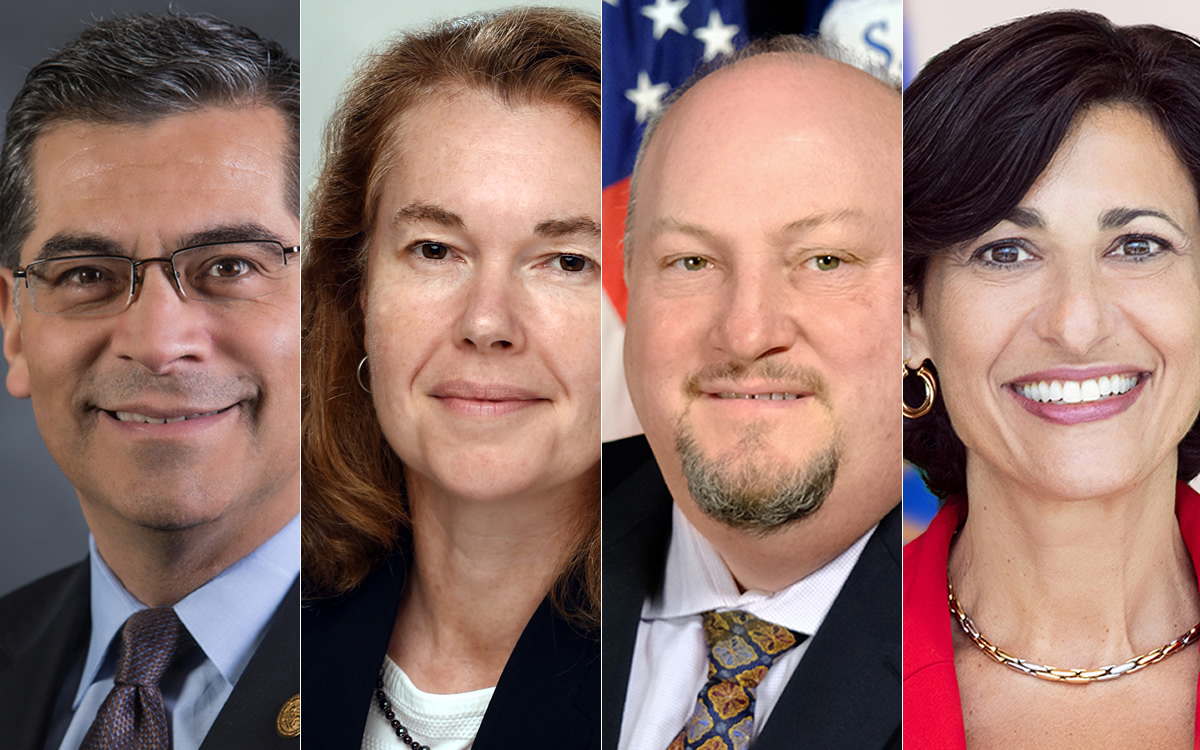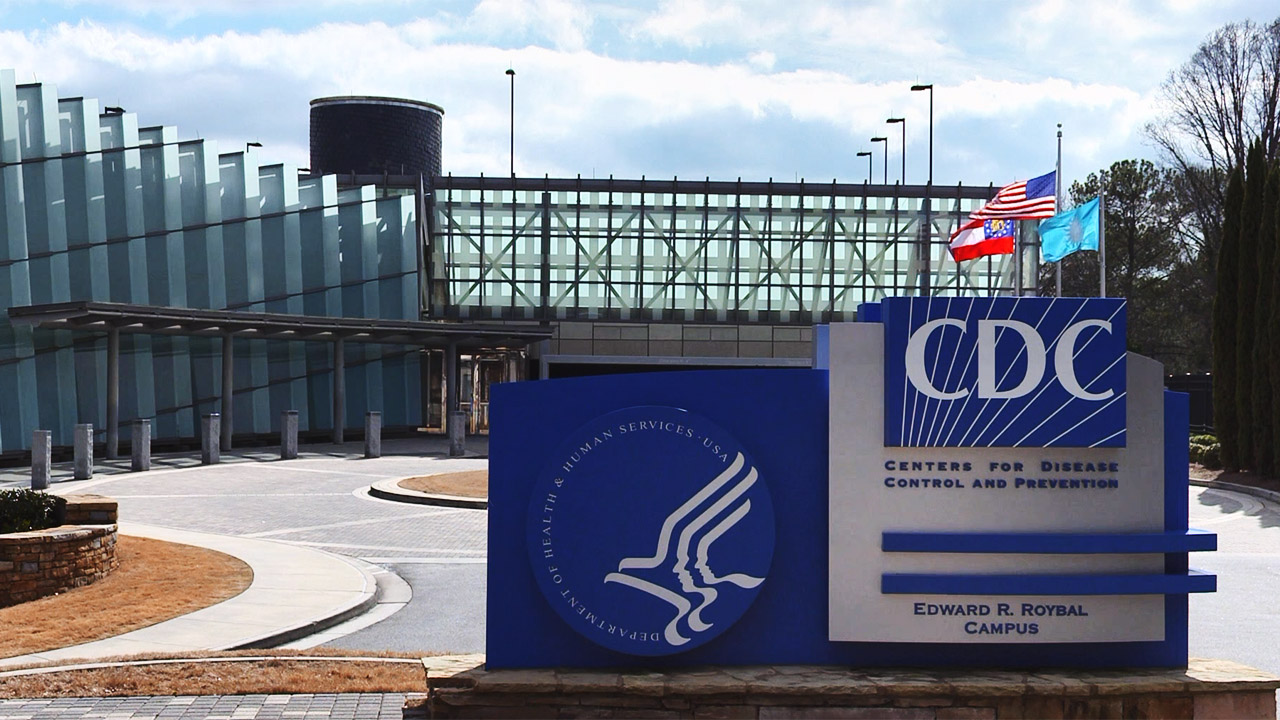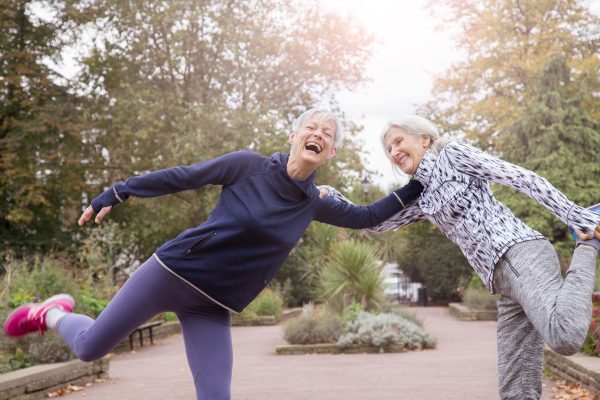Health
Biden health officials defend approach to monkeypox as cases grow
Contradictory information emerges on vaccine administration

Top health officials in the Biden administration defended their approach Thursday to the monkeypox outbreak as cases continue to grow and contradictory information has emerged on appropriate vaccine administration.
Members of the White House monkeypox task force, in response to a question from the Washington Blade in a conference call with reporters, held fast to their new guidance on the JYNNEOS vaccine, which seeks to change the method of administration of the shot in an effort to expand use of the existing supply by fivefold — despite objections and even threats to cancel the supply from the vaccine manufacturer, according to a report this week in the Washington Post.
Meanwhile, cases of monkeypox in the United States are escalating — and beginning to extend outside the community of men who have sex with men — as the total number of confirmed cases has reached 13,517.
Bob Fenton, the White House monkeypox response coordinator, was first to respond to the Blade’s question on how the public can trust guidance from health officials amid the contradictory information by asserting “anytime that you have change, you’re going to have the need to update and educate the community on those changes.”
“The day…the FDA made that decision, we need signaled a week that this was being undertaken by FDA there already were a number of jurisdictions that started the training in anticipation of that decision,” Fenton said. “And that day, there were jurisdictions actually delivering intradermal shots that day [to] fivefold the number of shots and did that to areas of high risk and did that to areas that made equity a factor in those decisions where they vaccinated. So it is happening; it is being successful.”
The context of the Biden administration’s change in guidance last week — which shifts from injection through the subcutaneous route (delivery of the vaccine under the fat layer underneath the skin) to the intradermal route (delivery of the vaccine into the layer of skin just underneath the top layer) — is an announcement from localities, including the D.C. government, shifting from two doses to one dose to make up for limited supply. Biden officials discouraged the one-dose approach, pointing to data suggesting it was not effective in protecting against monkeypox.
In essence, contradictory information is coming from health experts on monkeypox on all levels localities offer on the vaccine, which in turn is criticized by the federal government as ineffective in favor of different approaches, which is in turn criticized by the vaccine manufacturer as untested and inappropriate.
Rochelle Walensky, director of the Centers of Disease Control & Prevention, responded to previously articulated concerns about the one-dose approach from localities by saying the Biden administration is working “really hand in glove in really fluid communication through this outbreak.”
“As I articulated we don’t yet know how well this vaccine will work in this outbreak,” Walensky said. “And as those data are evolving, as we had some resource constraints early on with the vaccine, we were working close with health departments so that they could maximize their coverage. We’ve met with them to talk about what data might be available for one dose, which are really limited [and] concerning in terms of how well it would work. And so when the strategy for intradermal dosing, which we anticipate will work just as well as subcutaneous dosing, we again met closely with the health departments…so that we could provide the data to them.”
Defense of changes in guidance in vaccine administration ended up overshadowing the announcements top officials were seeking to make, such as making an additional 1.8 million doses available for ordering starting Monday, a pilot program setting aside 50,000 doses for jurisdictions hosting large LGBTQ events, such as Black Pride in Atlanta and Southern Decadence in New Orleans; and making available next week 50,000 patient courses of TPOXX monkeypox treatment.
Dawn O’Connell, assistant secretary for preparedness and response at the Department of Health & Human Services, said when asked by CNN about expanding the supply the administration may look elsewhere aside from the JYNNEOS vaccine manufacturer, Bavarian Nordic in Denmark, calling the company a “small manufacturer.”
“They currently have one active line and in the Copenhagen area that we’re relying on for 2.5 million doses to be filled and finished, but when we ordered that second 2.5 million to be built and finished, we made it a requirement that they work with a domestic U.S. contract manufacturing organization and we continue to partner with Bavarian Nordic as they solidify that relationship,” O’Connell said. “We are also helping them in other ways consider manufacturing capacity increases, potentially working with a larger pharmaceutical company.”
Health
UNAIDS to commemorate Zero Discrimination Day’s 10th anniversary
UN agency urges global action to protect human rights

As the world marks the 10th anniversary of Zero Discrimination Day; UNAIDS is sounding the alarm on the increasing threats to human rights, calling for renewed efforts to protect the rights of all individuals as a fundamental step towards ensuring health for everyone.
Established by UNAIDS a decade ago, Zero Discrimination Day aims to promote equality and fairness regardless of gender, age, sexuality, ethnicity or HIV status. The progress achieved over the past years is now in jeopardy, however, due to rising attacks on the rights of women, LGBTQ people and other marginalized communities.
UNAIDS Executive Director Winnie Byanyima emphasized the critical link between protecting human rights and safeguarding public health.
“The attacks on rights are a threat to freedom and democracy and are harmful to health,” she said in a press release. “Stigma and discrimination obstruct HIV prevention, testing, treatment and care and hold back progress towards ending AIDS by 2030. It is only by protecting everyone’s rights that we can protect everyone’s health.”
Despite challenges, there has been notable progress.
At the onset of the AIDS pandemic more than 40 years ago, two-thirds of countries criminalized consensual same-sex sexual relations. They are now decriminalized in two-thirds of countries. An additional 38 countries around the world have pledged to end HIV-related stigma and discrimination, contributing to positive changes that include 50 million more girls attending school compared to 2015.
To sustain and enhance these advancements; UNAIDS urges global support for women’s rights movements, LGBTQ rights, racial justice, economic justice, climate justice and peace initiatives. By standing with communities advocating for their rights, the U.N. aims to reinforce the collective effort towards a more inclusive and equitable world.
Zero Discrimination Day is observed on March 1.
Events and activities that will take place around the world throughout the month will serve as reminders of the essential lesson and call to action: Protecting everyone’s health is synonymous with protecting everyone’s rights.
“Through upholding rights for all, we will be able to achieve the Sustainable Development Goals and secure a safer, fairer, kinder and happier world — for everyone,” said Byanyima.
Health
New CDC report finds transgender women at higher risk for HIV
More than 1,600 people in seven cities surveyed

The Centers for Disease Control and Prevention issued a new study report this week that revealed that restricted by employment and housing discrimination and lack of access to needed gender-affirming healthcare for transgender women increasing the risk of contracting HIV.
Researchers reviewed data from a 2019-2020 survey, the National HIV Behavioral Surveillance Among Transgender Women, which found that the demographics of HIV/AIDS have been disproportionally high, especially among Black and Latina trans women, who had experienced employment and housing discrimination coupled with lack of access to gender-affirming healthcare.
The Jan. 25 Morbidity and Mortality Weekly Report was based on data studies of more than 1,600 trans women in seven major urban locales. Participants from Atlanta, Los Angeles, New Orleans, New York, Philadelphia, San Francisco and Seattle were chosen by referrals from people and community-based organizations who knew or were part of the local population of trans women.
The study’s researchers noted: “Employment discrimination occurs at the overlapping nexus of poverty, homelessness, incarceration, health insurance, disability, food insecurity and survival sex work. These issues are interconnected.”
The study stated that trans women’s inability to access quality healthcare, including gender-affirming treatment or access to PrEP, and can expose them to potential incarceration as many turn to “survival sex work” and violence, which increases the risk of contracting HIV.
The study’s author’s pointed out: “When economically marginalized transgender women are refused employment, this refusal cyclically contributes to economic hardships. This analysis …demonstrates the importance of transgender women working and living with dignity and without fear of unfair treatment.”
Health
A Whole New Perspective on Well-Being
The Mather’s team recognizes that everyone’s wellness journey is completely unique to their life experiences and influences.

It’s easy to spot the distinctive, elegant silhouette of The Mather, a Life Plan Community for those 62+ opening this spring in Tysons, Virginia. What is not apparent to the naked eye is The Mather’s unique wellness philosophy, which is literally built into the community.
The Mather’s team recognizes that everyone’s wellness journey is completely unique to their life experiences and influences.
Nature is one of the important factors that contribute to well-being. So The Mather is incorporating biophilic design—a design approach to facilitate access to nature or things that replicate natural patterns. This can include interior spaces with sightlines to a garden, choosing natural wood and stone as interior materials, or incorporating fragrant flowers and plants indoors to spark memories and provide tactile opportunities such as gardening.

“Providing biophilic design within interior settings connects residents to the natural world,” says Mary Leary, CEO and President of Mather, the organization behind The Mather. “Research shows that a connection to nature provides positive benefits to mental states and overall well-being. At The Mather, biophilic design is the intersection of buildings and programs with nature in an urban setting.”
“The Mather is attracting a diverse group of older adults,” says Mary. “As a result, we aim to incorporate wellness practices from around the world, including Wyda movement theory of the Celtic Druids, which helps people achieve harmony with nature and contentment through mindfulness.” This holistic regenerative approach is similar to Qi Gong and yoga, while born in a different part of the world. Mather Institute has a special focus on mindfulness to support older adults’ practice of present moment awareness, which can lead to increased overall well-being, compassion, and joy.
A very different example of a wellness offering at The Mather is the Gharieni Welnamis spa wave bed, which uses computer-controlled vibrational therapy and audio frequencies to train the brain to relax. “The bed increases mindfulness, concentration, and creativity—all of which support our mission of creating Ways to Age Well,SM” says Mary.
These and other personalized ways to wellness will ensure that residents of The Mather can choose from seemingly countless ways to focus on their well-being. In other words, the sky’s the limit!
-

 State Department4 days ago
State Department4 days agoState Department releases annual human rights report
-

 South America2 days ago
South America2 days agoArgentina government dismisses transgender public sector employees
-

 District of Columbia2 days ago
District of Columbia2 days agoCatching up with the asexuals and aromantics of D.C.
-

 Politics5 days ago
Politics5 days agoSmithsonian staff concerned about future of LGBTQ programming amid GOP scrutiny












